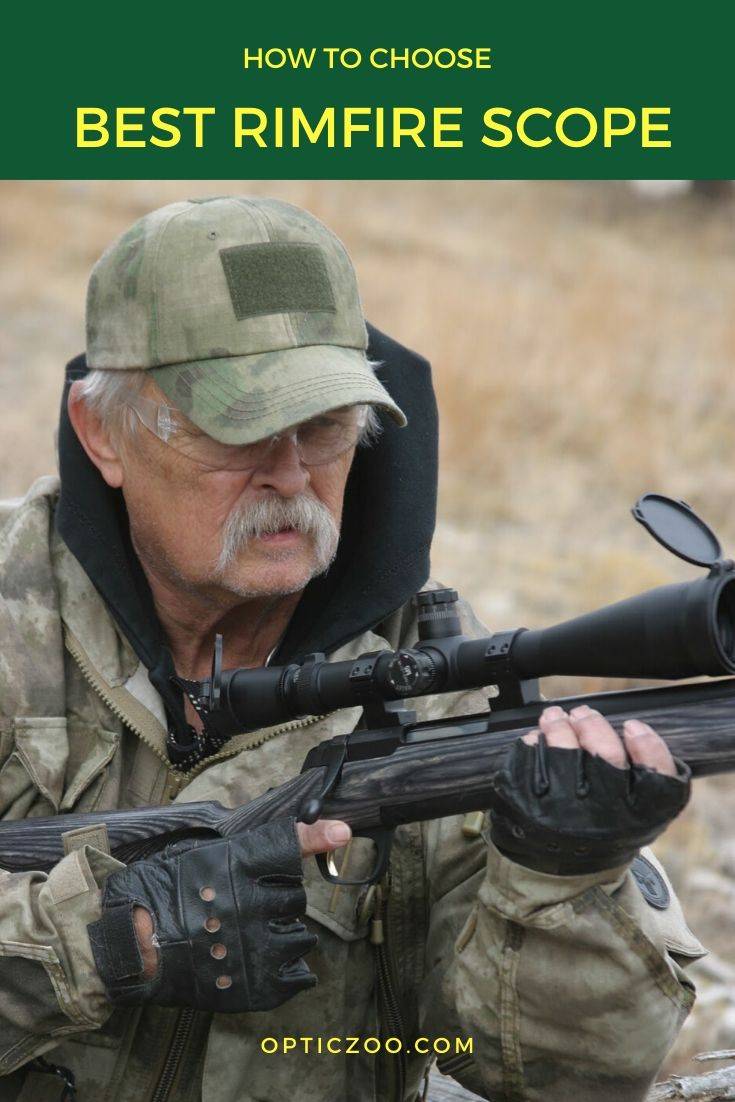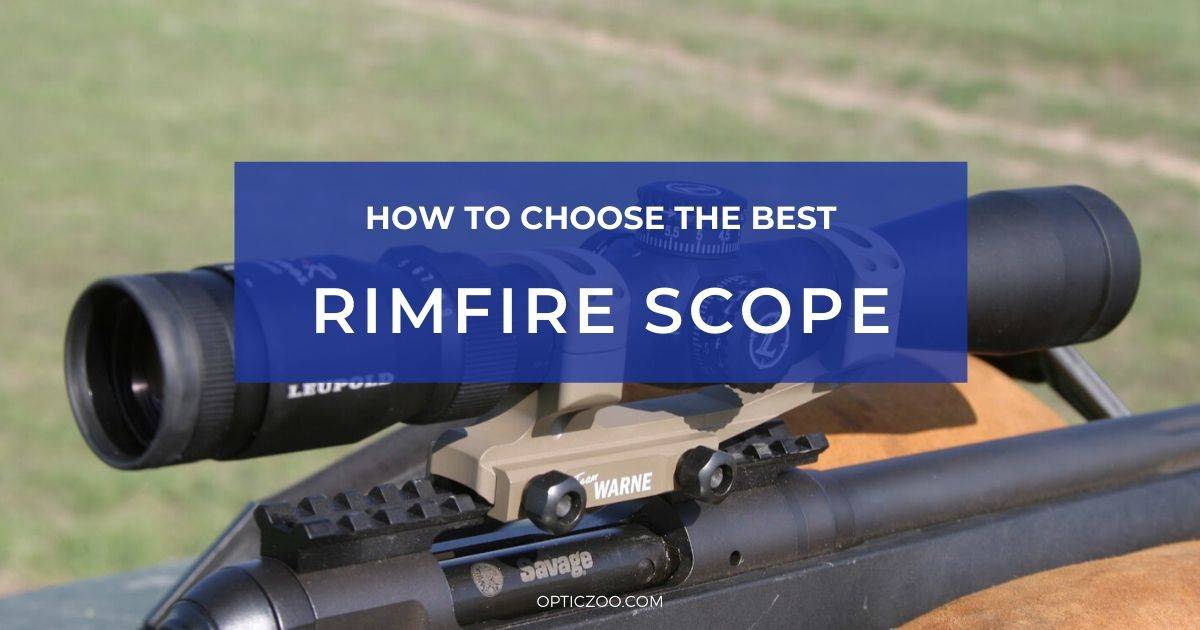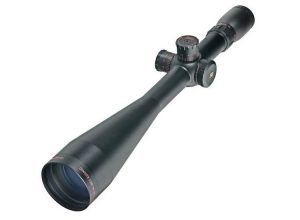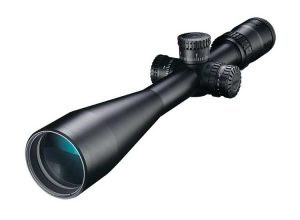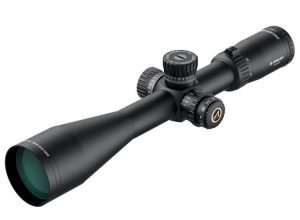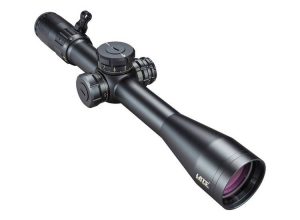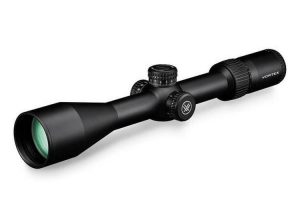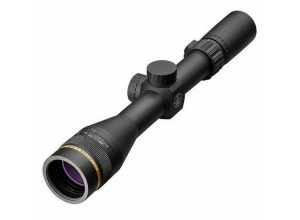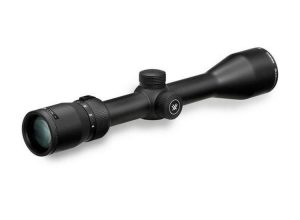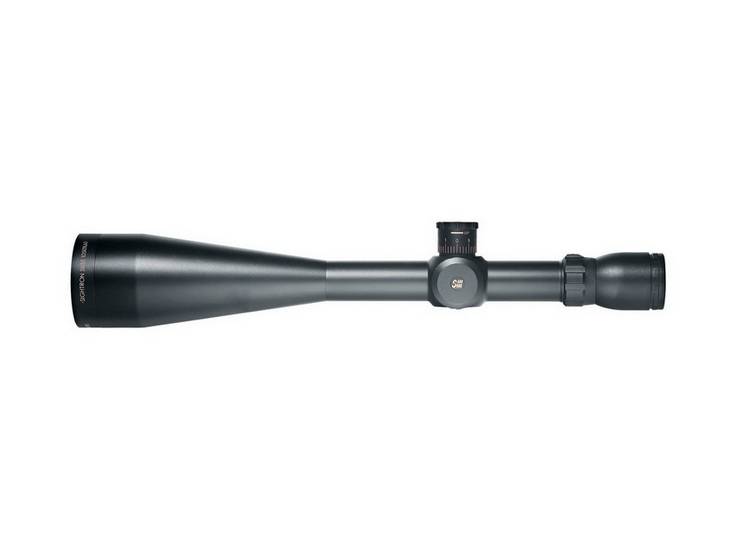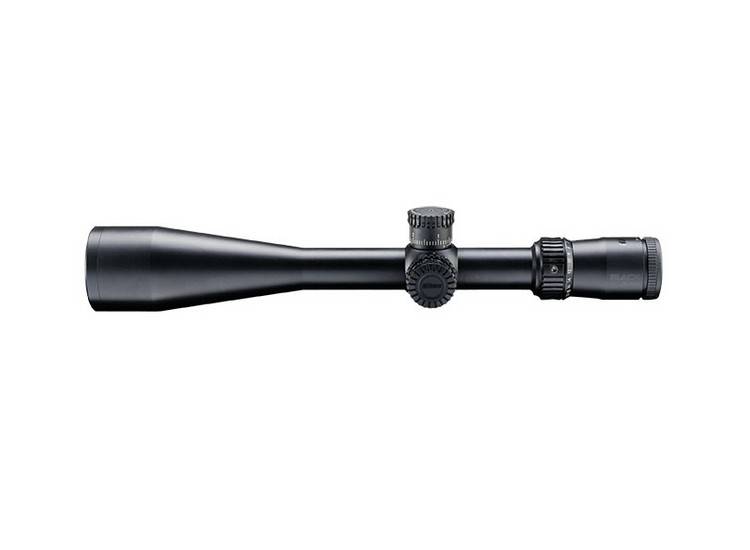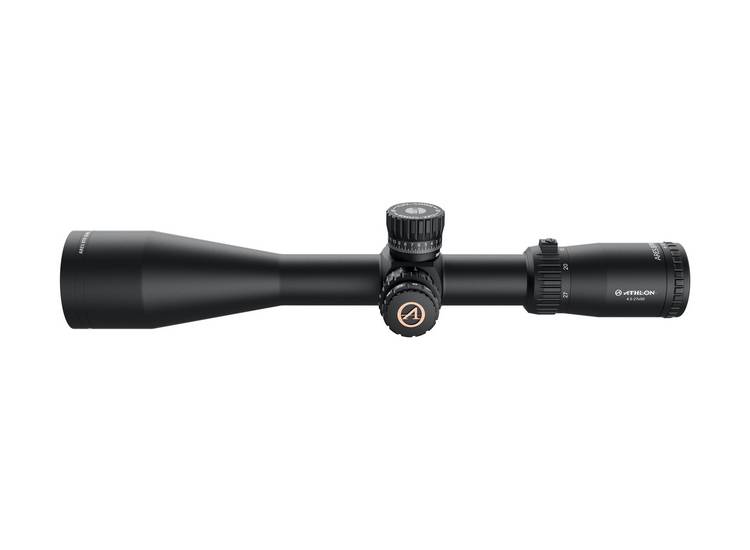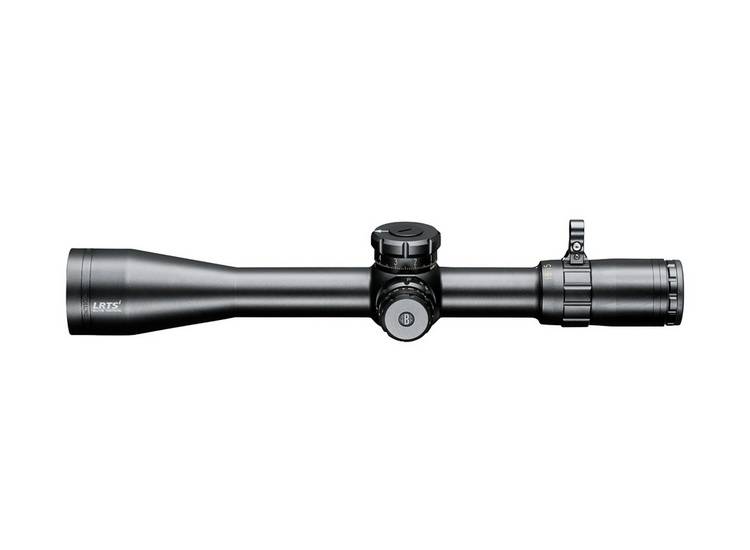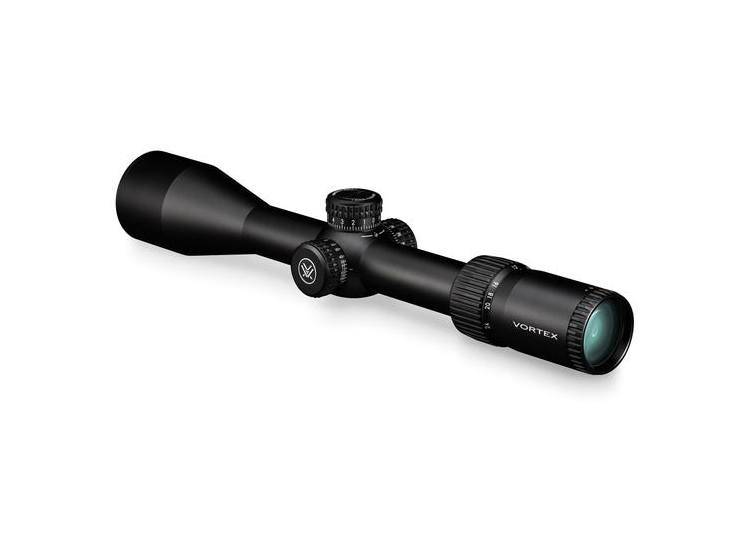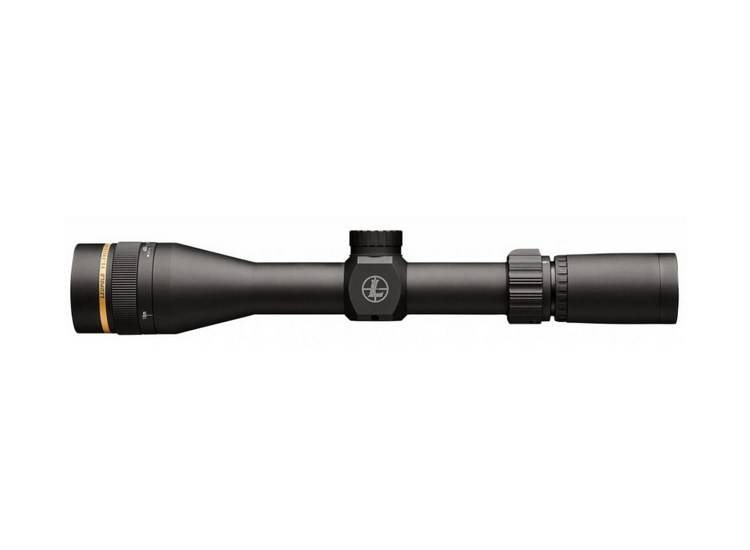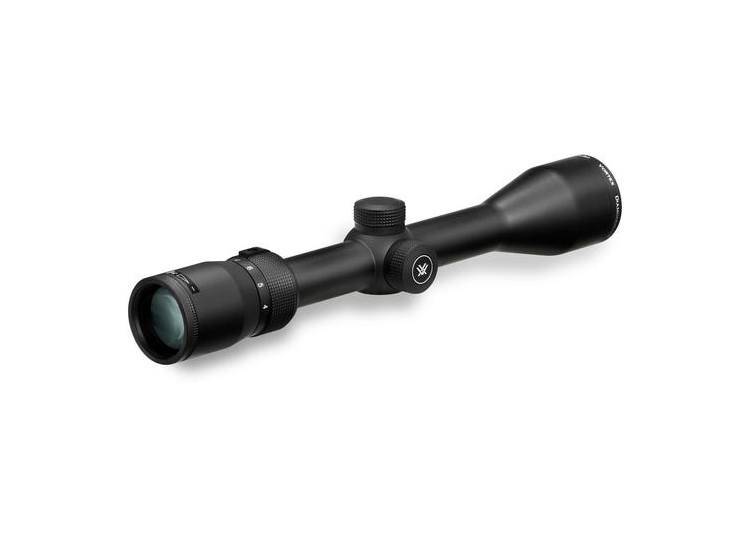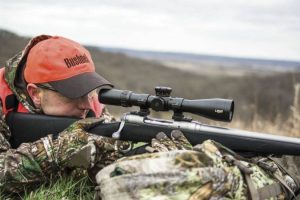 Trying to figure out which is the best scope for a rimfire rifle can be somewhat of a challenge if you are green when it comes to riflescopes.
Trying to figure out which is the best scope for a rimfire rifle can be somewhat of a challenge if you are green when it comes to riflescopes.
But what you need to know is that not all scopes can fit a rimfire rifle.
So first you need to discover which ones fit rimfire rifles and then from there, figure out the best one.
Fortunately for you, which have put together this guide to get you started. In this guide, we have discussed the best rimfire scopes and we have also included a buyer’s guide, which we hope you find helpful.
So with that said, let’s get started.
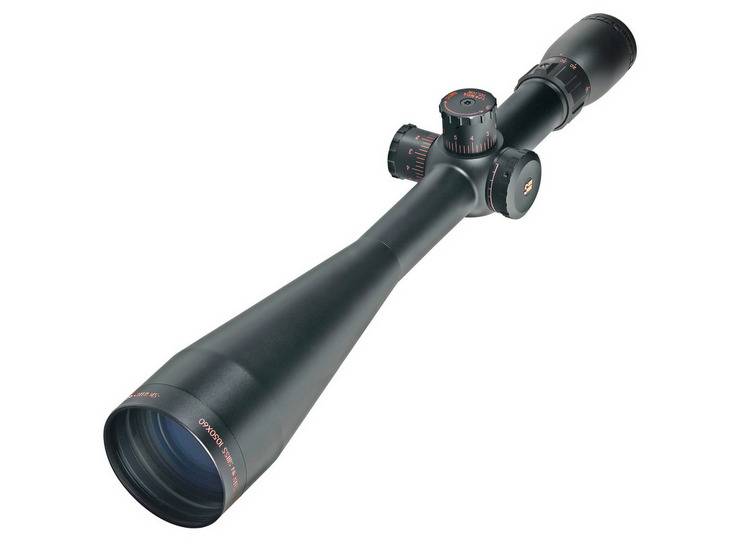
Rimfire Scopes Comparison Chart
| Model | |||||||
|---|---|---|---|---|---|---|---|
| Photo | |||||||
| Magnification | 10-50x | 6-24x | 4.5-27x | 4.5-18x | 6-24x | 3-9x | 4-12x |
| Objective Lens Diameter | 60 mm | 50 mm | 50 mm | 44 mm | 50 mm | 33 mm | 40 mm |
| Reticle Type | MOA-2 (at24X), SFP | X-MRAD Illuminated, SFP | APLR3 MOA, Illuminated, FFP | G2H-i MOA, Illuminated, FFP | EBR-2C, FFP | Duplex, RFP | Dead-Hold BDC, SFP |
| Main-Tube Diameter | 30 mm | 30 mm | 30 mm | 30 mm | 30 mm | 1" | 1" |
| Field of View | 9.6-2.2 ft @ 100 yds | 18-4.5 ft @ 100 yds | 22.7-3.8 ft @ 100 yds | 23.5-6 ft @ 100 yds | 18-4.5 ft @ 100 yds | 35.7-13.6 ft @ 100 yds | 32.4-11.3 ft @ 100 yds |
| Max Windage/Elevation Adjustment | 50 MOA | 17 MRAD | 80 MOA | 24 MIL | 19 MRAD | 64 MOA | 66 MOA |
| Exit Pupil Diameter | 1.2 mm | 8.3 - 2.1 mm | 11.1 - 1.8 mm | 9.8 - 2.4 mm | 8.3 - 2.1 mm | 3.8 mm (High) | 10 - 3.3 mm |
| Eye Relief | 3.8 to 4.5" | 3.5 to 4" | 3.9" | 3.9" | 3.9" | 3.1 to 3.4" | 3.1 to 3.4" |
| Length | 16.9" | 15.2" | 13.8" | 14.2" | 14.5" | 11.43" | 12" |
| Weight | 30.1 oz | 25 oz | 27.3 oz | 26.5 oz | 24.6 oz | 12.1 oz | 14.6 oz |
7 Best Rimfire Scopes (as of April, 2024):
1. SIGHTRON 25003 SIII 10-50×60 Rimfire Scope Review
Sightron 25003 SIII 10-50×60 is a 60mm riflescope that is designed for long range shooting. And it was interesting to see that this scope given the large objective lens and high magnification is cheaper compared to other similar models. That for us was a plus point.
The objective lens of this scope is sizable, which means clearer views because it gathers more light. The 10x magnification is adequate for hunting and you can crank it up to 50x although that might not be necessary even for long distance shooting.
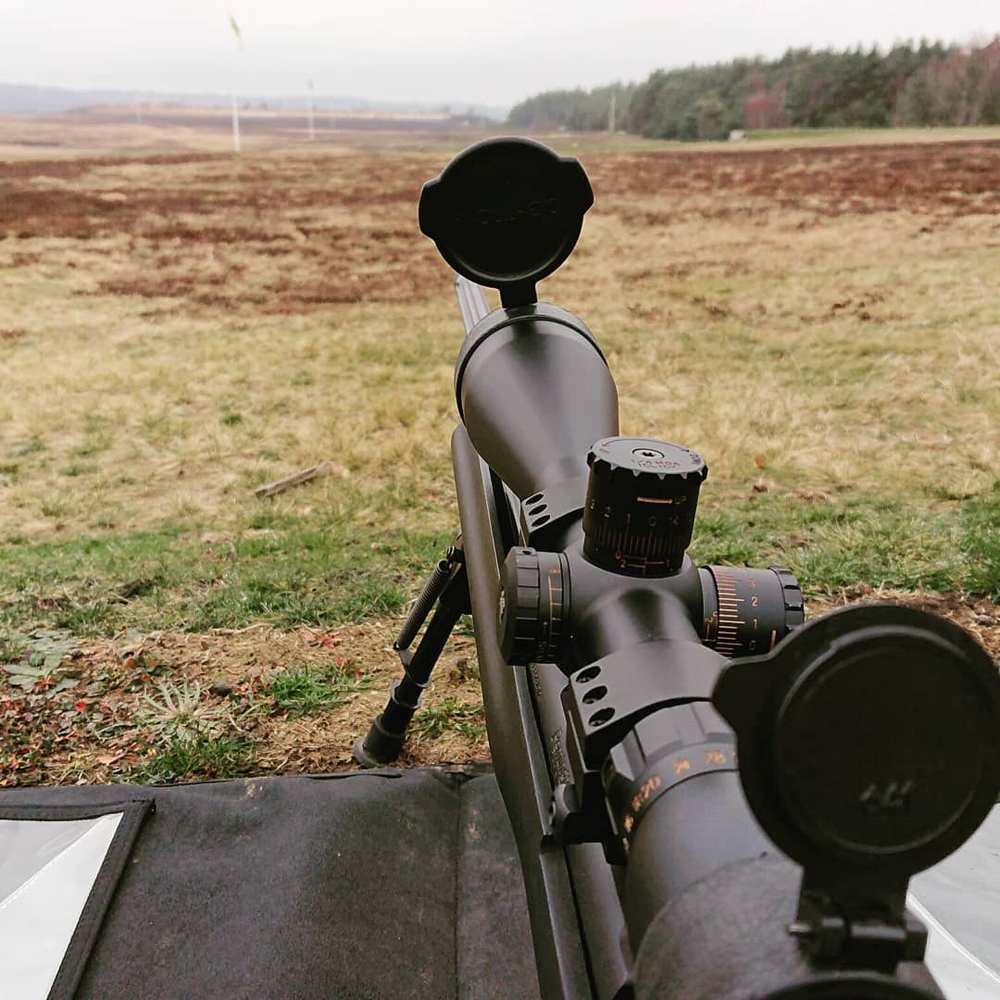
Via: @juddersg
The mechanical precision the Sightron SIII offers is absolutely great. It has a windage and elevation turrets that allow you to get a clear focus on a target that is 1000 yards away whether you are on high or low ground.
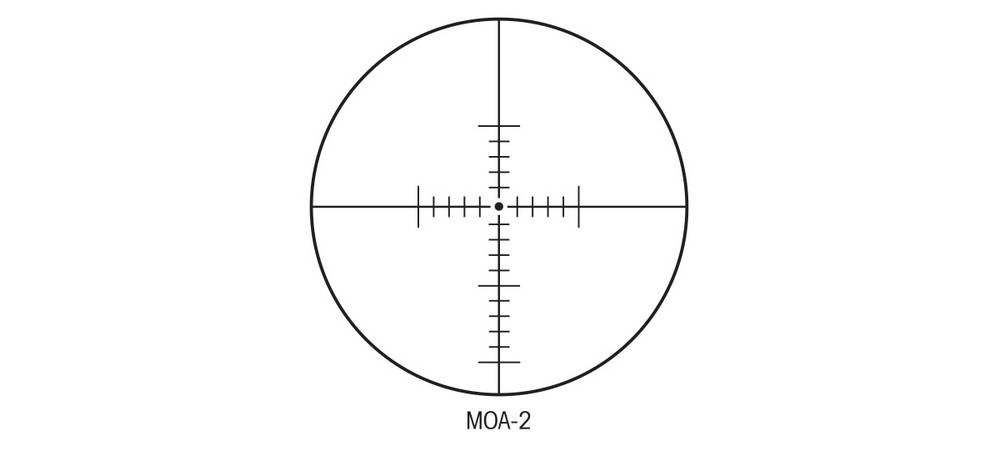
There is a focus knob that is easily accessible and easy to use. And this knob allows you to quickly focus on your target objective when it’s on the move. So you never lose sight of it.
[wpsm_box type=”info” float=”none” text_align=”left”]
It also has a parallax adjustment turret, which is used for correcting parallax giving clear views of your target. Some scopes don’t have this feature. So it was great to see that this scope does.
[/wpsm_box]
The quality of glass is supreme. The lenses are coated to give you sharp views of your target no matter the distance. They are also purged with nitrogen to prevent them from fogging.
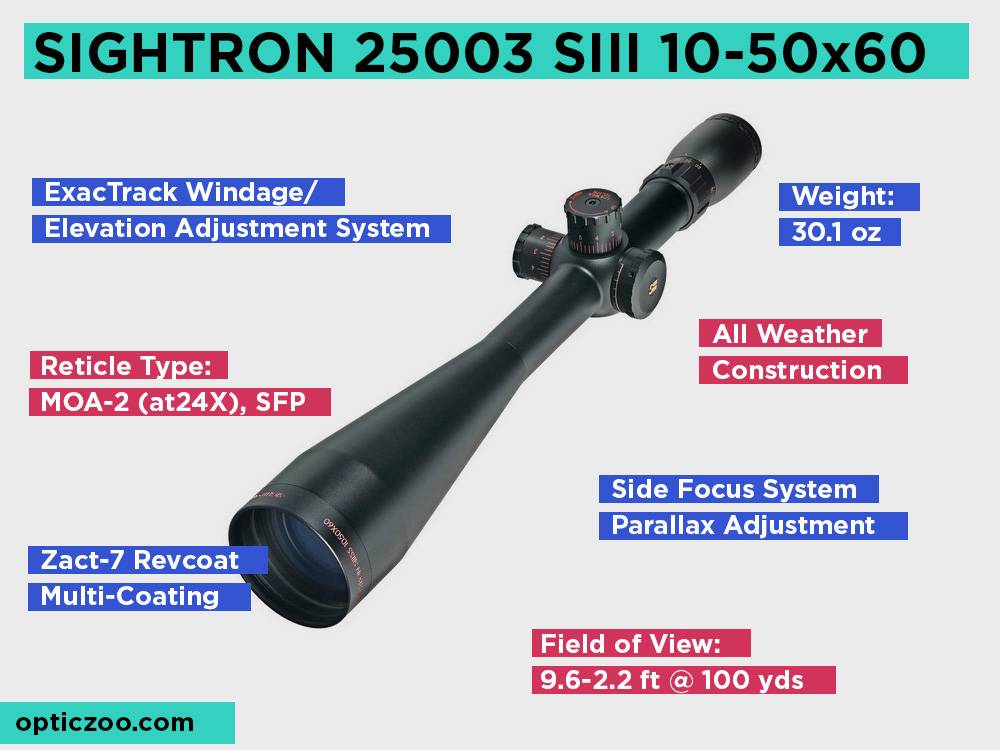
The Sightron SIII main tube is made of aluminium, which is a strong and durable material. Some users have praised the scope for its durability.
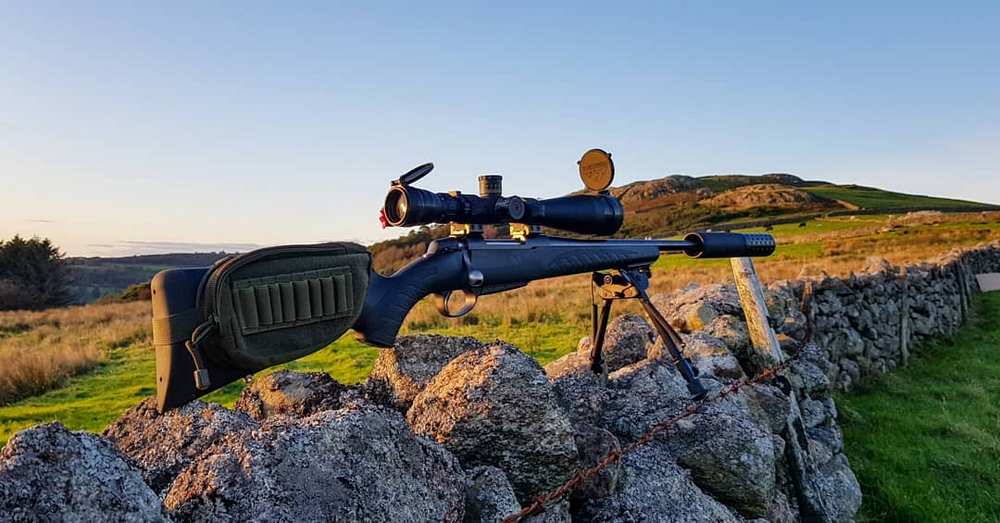
Via: @the_country_mans_diary
Others stating that their Sightron SIII still works well after years of use. So that is something that’s worth considering when deciding to purchase this scope for your rimfire.
Main Features
- One-Piece Main-Tube
- Reticle Type: MOA-2 (at24X)
- Second Focal Plane
- Fast Focus Eyebell
- All Weather Construction
- Tactical Turret
- Side Focus System Parallax Adjustment
- ExacTrack Windage & Elevation Adjustment System
- Zact-7 Revcoat Multi-Coating
- 100% Waterproof & Shockproof
- Nitrogen Gas Charged
- Lifetime Warranty
2. Nikon 16384 X1000 6-24×50 Rimfire Scope Review
Nikon has been in the optics business for years. And throughout those years, it has found ways to improve the quality of its optics. Today, it’s one of the few companies that develop optics that is well respected for its superior riflescopes, binoculars and other optics.
So when we tested the Nikon 16384 X1000 6-24×50 we were impressed with its performance and features. It features a 50mm objective lens and because of the size of the lens, your views appear clearer than they would if you were using let’s say a 32mm lens.
The 4x magnification is low enough to see objects that are a few yards away clearly. And you can increase the power up to 16x to see objects in more detail that are more than 1000 yards away.
[wpsm_box type=”info” float=”none” text_align=”left”]
The Nikon X1000 has MOA and MRAD reticles, which have an illumination option. This is great because you can go hunting at night.
[/wpsm_box]
There is a battery that powers the illumination feature and if you don’t intend to use the feature, it is recommended that you remove the battery.
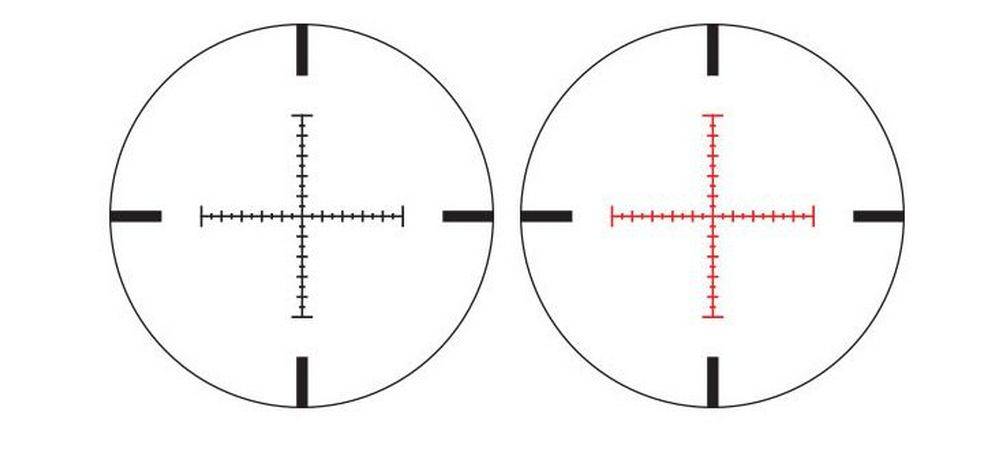
The lenses are coated with anti-reflective compounds to give you sharp views of your target. But what is also appealing about this scope other than clarity is its generous eye relief.
You don’t need to move your head way back or forward as you adjust the magnification. And you don’t have to worry about the scope hitting your face when your rifle recoils.
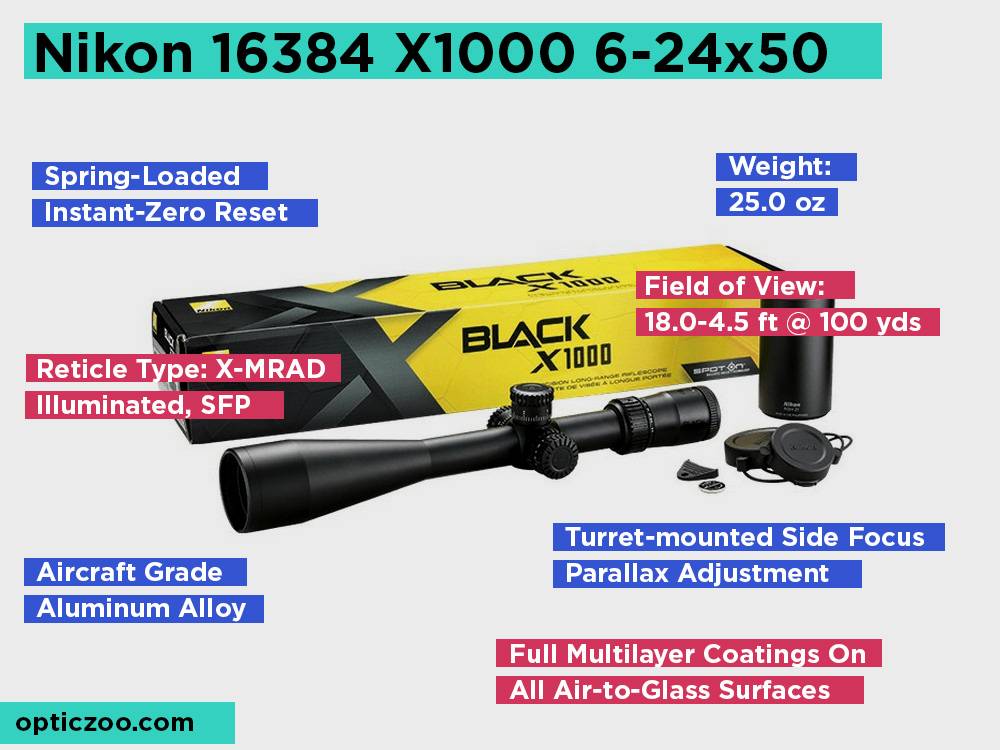
The adjustment turrets are easy to turn and there is a zero reset feature to return your turret to the zero mark. The turrets are an important feature because they improve your accuracy.
There is also a parallax adjustment turret that is marked with different yardages to bring you into focus at different distances. The good thing about the parallax adjustment feature is that you can make adjustments without changing your shooting position.
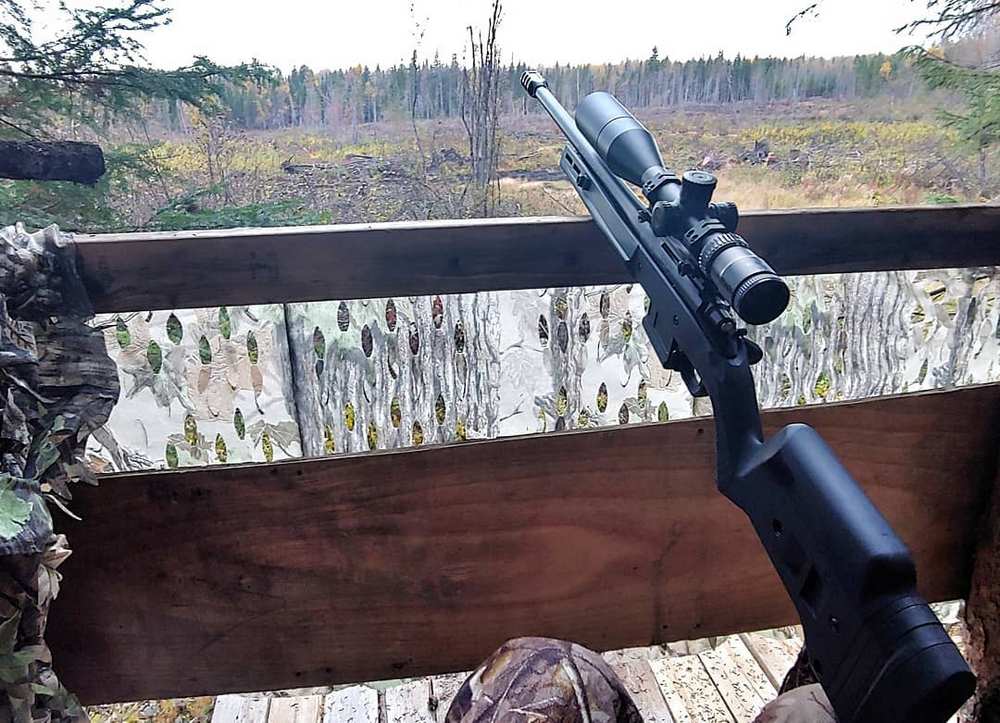
Via: @pron0_0
The body of the Nikon X1000 is solid and has a nice feel. We like the matte black color and the overall look of the scope.
And despite having all these great features, it was nice to see that it’s affordable compared to other similar products. But it’s also not a budget optic.
Main Features
- Illuminated X-MRAD Precision Reticle
- Second Focal Plane
- 4x Zoom Range
- Precise, Ergonomic Windage & Elevation Turrets
- Spring-Loaded Instant-Zero Reset
- Full Multilayer Coatings On All Air-to-Glass Surfaces
- Lead-&-Arsenic-Free Glass
- Turret-mounted Side Focus Parallax Adjustment
- Generous, Consistent Eye Relief
- Aircraft Grade Aluminum Alloy
- 30mm Main Body Tube
- O-ring sealed & Nitrogen Purged
- Waterproof, Fogproof & Shockproof Construction
3. Athlon Optics 212008 Ares BTR 4.5-27×50 Rimfire Scope Review
The Athlon Optics 212008 Ares BTR 4.5-27×50 is not a budget optic. It’s quite expensive and like many expensive riflescopes, it comes with great features.
Athlon has consistently produced quality optics and in our opinion, its products although some come with astronomical price tags, are worth investing in.
[wpsm_box type=”info” float=”none” text_align=”left”]
Now, the Athlon Ares comes with a 50mm objective lens and the lenses are coated to enhance light transmission giving you sharper views at varying ranges. And it has a magnification range of 4.5x to 2.7x and so you can adjust the magnification at varying distances.
[/wpsm_box]
What is so great about this scope is that the clarity of your images don’t change when you increase the magnification. And this is a problem you get with some riflescopes. So we were happy to see that Athlon found a way to overcome this issue.
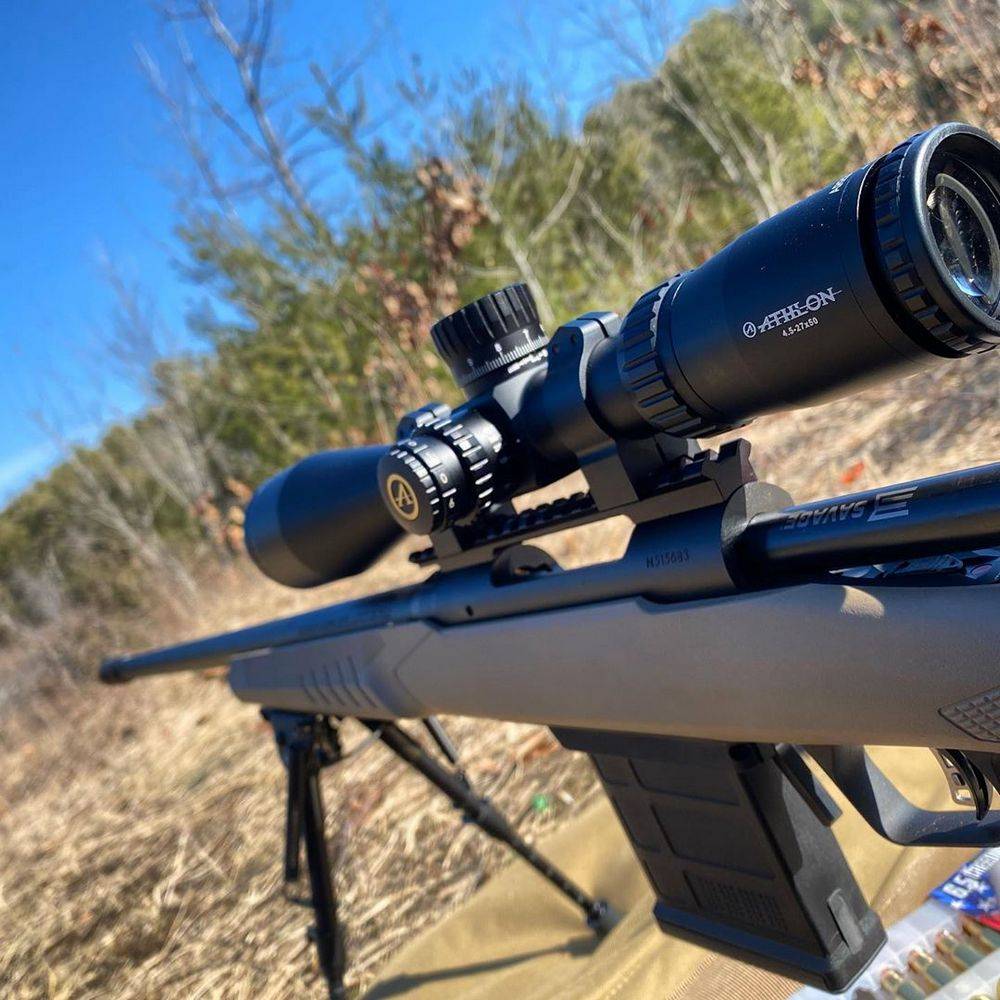
Via: @smokewagonfirearms
The Ares has illuminated reticles, which means you can do some tactical shooting at night. And there is a parallax adjustment turret to adjust the reticles for clearer views. Also, the eyepiece is adjustable, which you can adjust to quickly focus on a moving object.
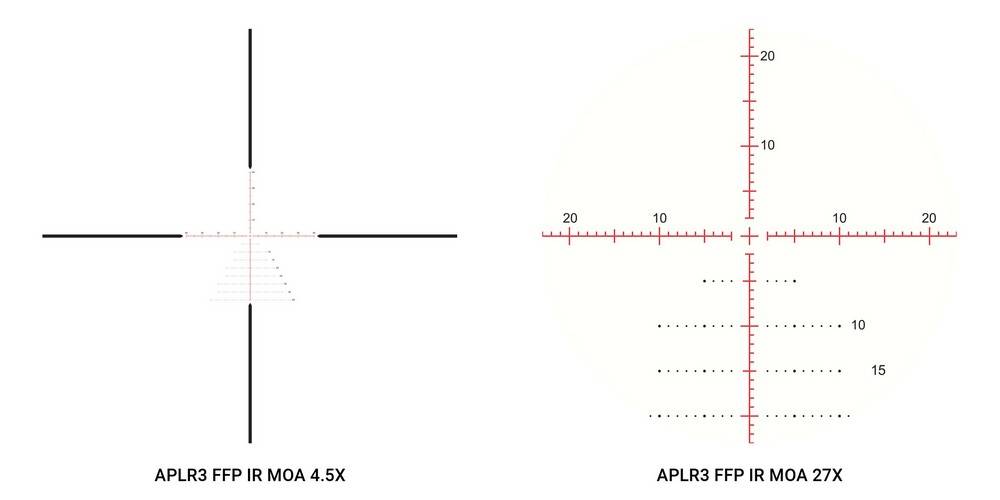
The body is argon purged and sealed with O-rings to make it water and shock resistance. It is made of a strong material that is durable. So this scope can give you years of service and given its price tag, that’s something most users expect to get with an expensive scope.
Like most quality riflescopes, the Ares has windage and elevation adjustment turrets. And these turrets are for adjusting the reticles vertically and horizontally to give you an enhanced focus on your target.
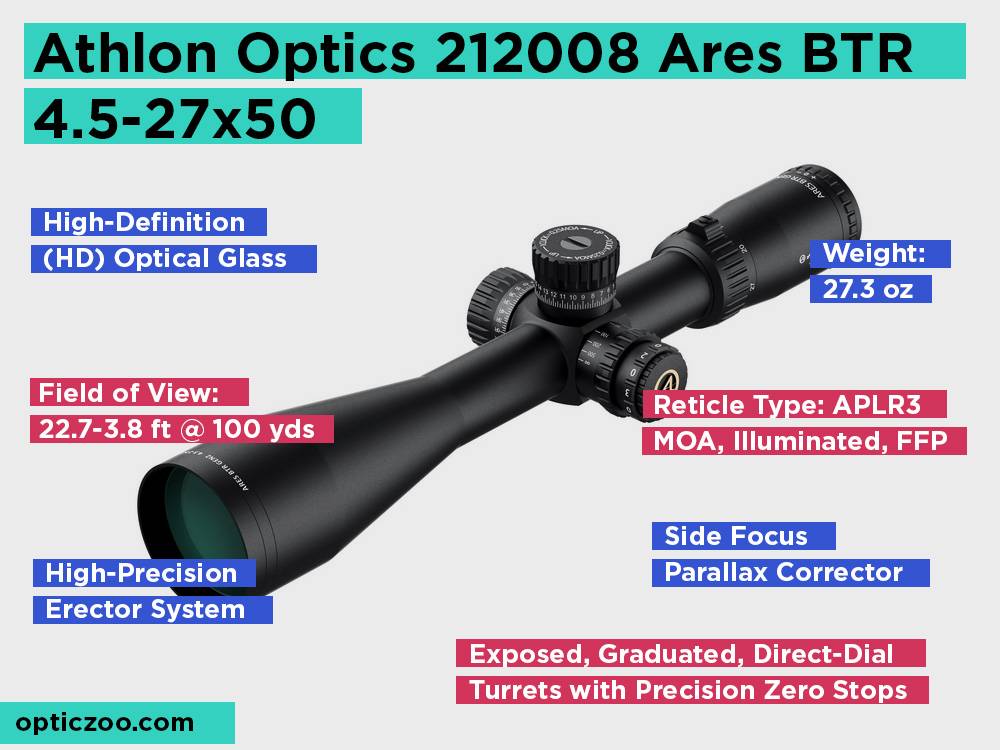
The turrets turn easily unlike some scopes we have tested and found the turrets are hard to turn.
[wpsm_box type=”warning” float=”none” text_align=”left”]
A major downside with this scope is that while it does have a zero stop feature, it doesn’t have a locking turret. So when your rifle bumps against something, the turret may move from the zero point.
[/wpsm_box]
So that is something you need to be watch out for. But other than that, the elevation and windage turrets turn easily with very little resistance.
The Athlon Ares riflescope doesn’t come with lens caps, which was disappointing considering the price tag of the scope. But this is not so much of an issue since you can buy the lens caps and they don’t cost much.
But it would be nice not to spend extra money to purchase lens caps when you have already spent a lot on the scope.
Main Features
- Illuminated Reticle, 1st Focal Plane
- 30mm Single-Piece Maintube
- High-Definition (HD) Optical Glass
- Fully Multi-Coated Optics
- Parallax-Free Operation from 25 yards to Infinity
- Exposed, graduated, direct-dial turrets with precision zero stops
- Side Focus Parallax Corrector
- High-Precision Erector System
- 30mm Single-Piece Maintube
- 6061-T6 Aluminum Alloy
- Argon-Purged Fogproof
- Impact Resistant & Waterproof
- Accommodates CR2032 battery
4. Bushnell E45184M Elite Tactical LRHS 4.5-18×44 Review
The Bushnell E45184M Elite Tactical LRHS 4.5-18×44 riflescope is one of those scopes that you would want to have if you enjoy target shooting or hunting game.
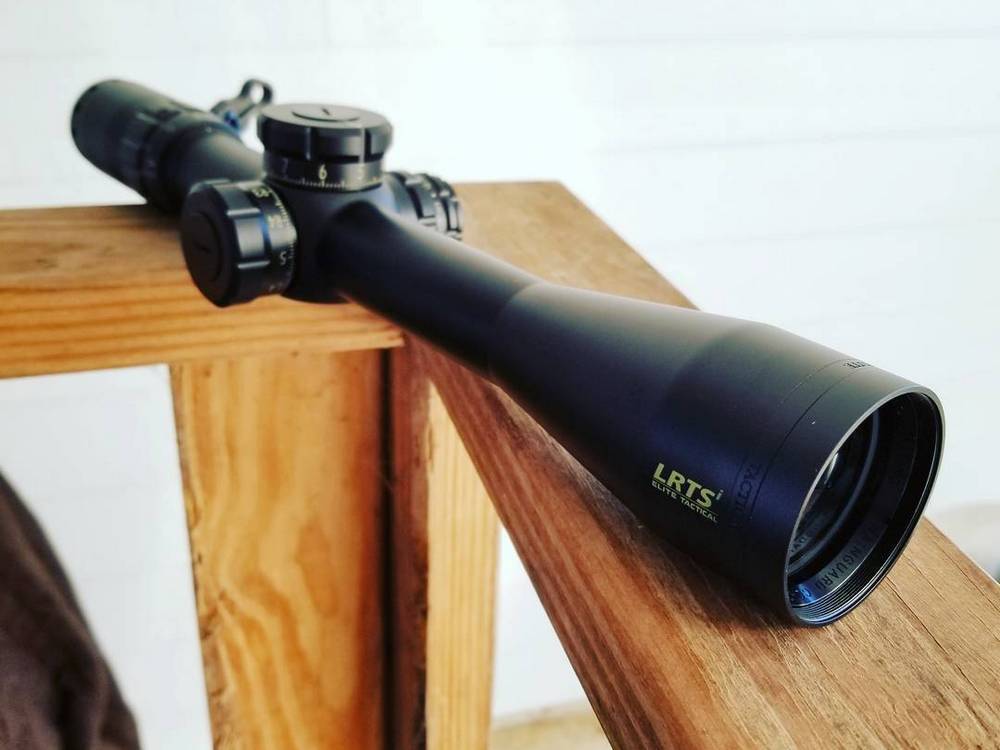
Via: @arkansasdrew
It’s mechanical precision is fantastic. The windage and elevation turrets give you more accuracy. And using the markings on the turrets, you can make adjustments based on distance. There is a zero stop feature to return the turrets to the zero mark.
[wpsm_box type=”info” float=”none” text_align=”left”]
The turrets turn easily even when they have water on them and we tested the scope by placing it in a freezer for more than 24hrs to see if the turrets still turn easily. And they do, which was great because it means that you can use this scope in freezing weather.
[/wpsm_box]
The scope has a 44mm objective lens for clear visuals. And you can magnify the scope up to 18 times to see objects that are at great distances and the minimum power you can adjust to 4.5x for objects that are closeby.
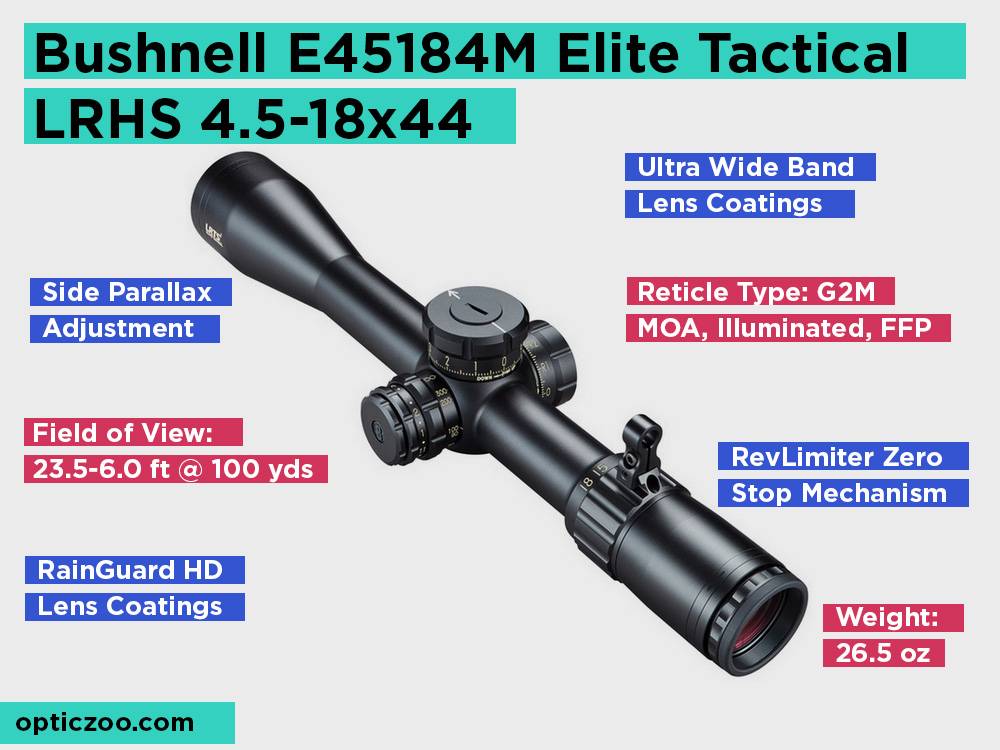
The Bushnell has an MOA reticle and there is a parallax removal feature that you can use to adjust the reticle to get a clear view of your target. The reticle, however, is not illuminated which was a bit disappointing.
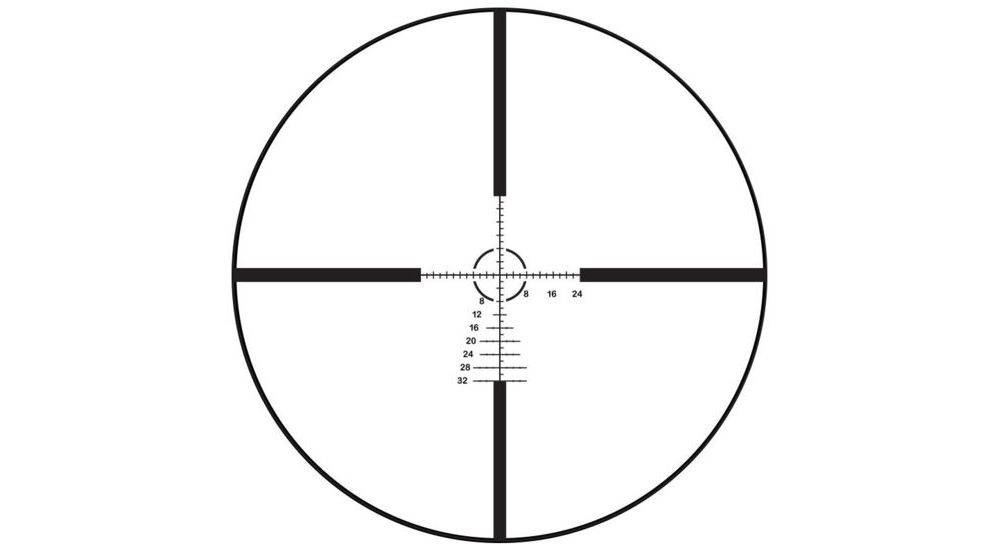
The lenses on this scope are coated to give you sharp views at varying distances. And the exterior lenses are coated with Bushnell’s own RainGuard coating to protect them from water damage or from fogging.
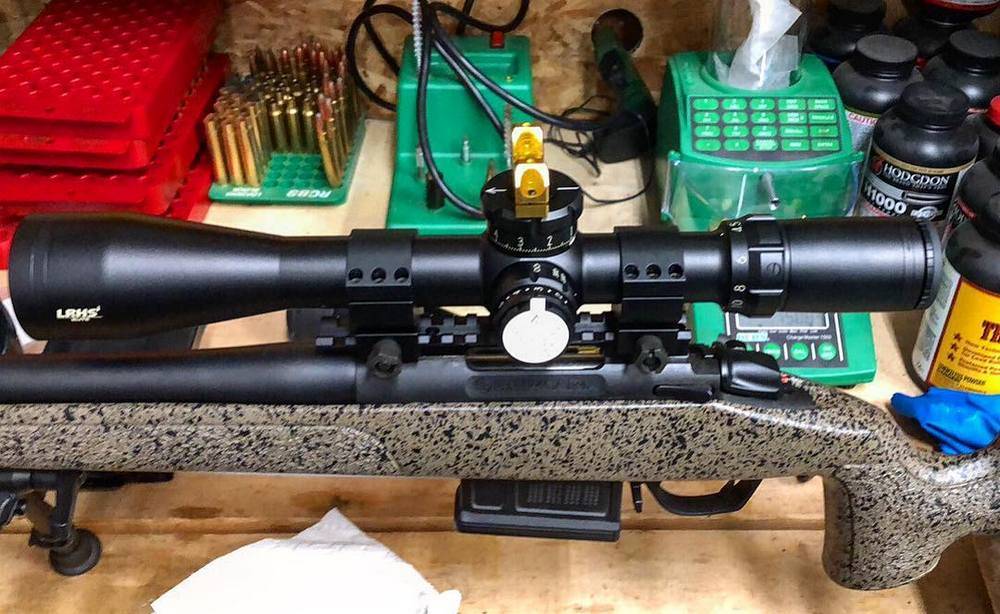
Via: @mlrupp
Besides that, the Bushnell has a solid build that is waterproof. The color is the typical matte black you find with many other riflescopes. So overall, the Elite does well in any weather condition.
Main Features
- G2M MOA First Focal Plane Reticle
- 30mm Tube for Increased Adjustment Travel
- Fully Multi-Coated Optics
- RainGuard HD Lens Coatings
- Ultra Wide Band Lens Coatings
- RevLimiter Zero Stop Mechanism
- Side Parallax Adjustment
- Argon Purged Fog-Proofing
- IPX7 Waterproof Construction
- Lifetime Warranty
5. Vortex Optics DBK-10029 Diamondback Tactical 6-24×50 Review
The Vortex Optics DBK-10029 Diamondback Tactical 6-24×50 riflescope is relatively cheaper than other Vortex riflescopes. But what we noticed was that it has the same features as other riflescopes by Vortex.
The Diamondback is a first focal plane scope and you don’t find many such scopes that are as affordable as this particular one. So that for us, was amazing.
It has an MOA reticle, and MOA and MRAD adjustments. The reticle is not illuminated and this is not much of an issue unless you also want to go hunting at night.
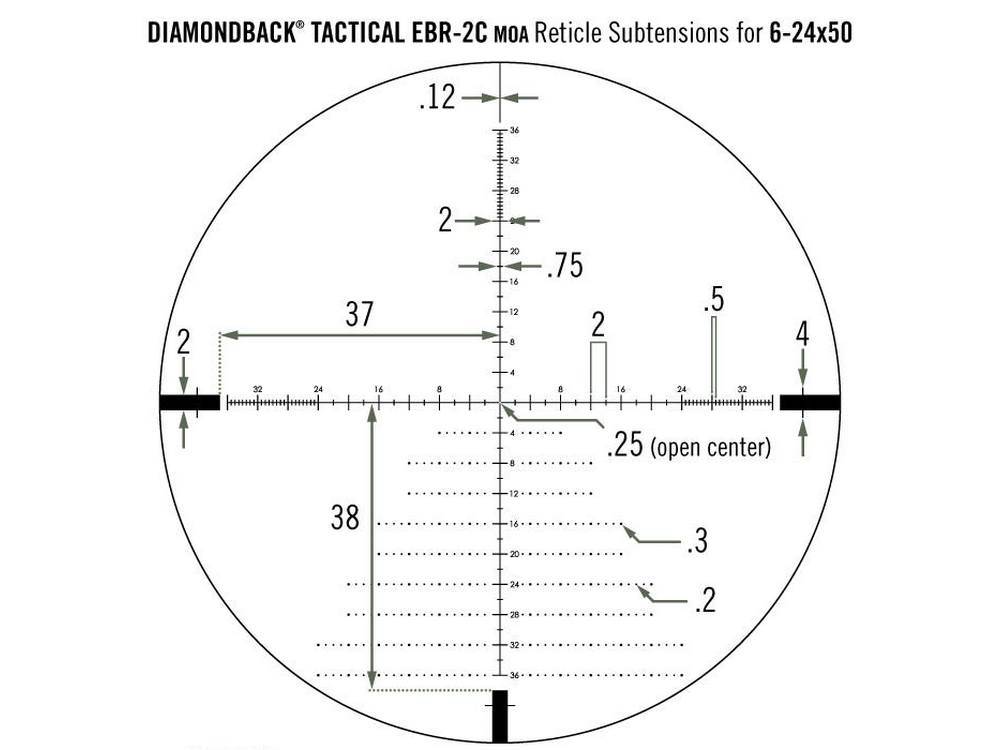
However, the upside to not having an illumination feature is that the scope is lighter since the feature makes a scope heavier.
The Diamondback main tube is 30mm which is the standard length of most riflescopes. It has a large objective lens to give you clear views at varying ranges. And you can adjust the magnification depending on how far or near your target.
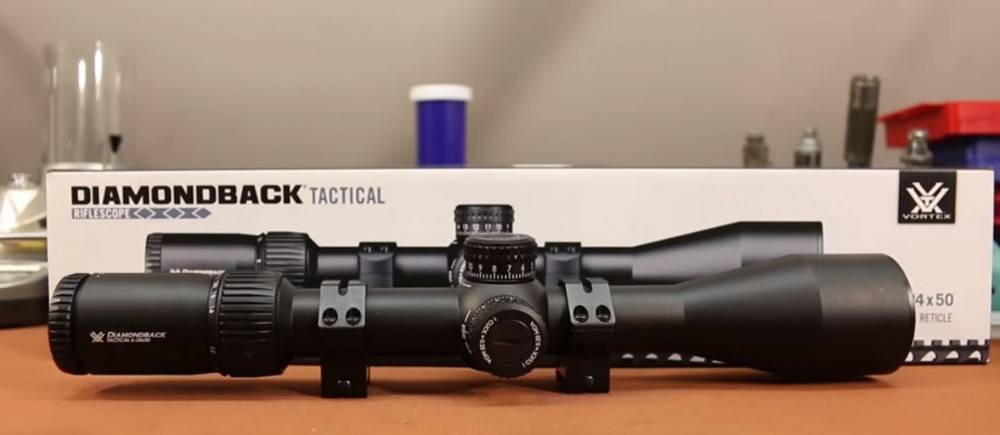
You can dial it down to 6x and dial it up to 24x. The power adjustment rotates easily, which we liked because it’s not something you find with some Vortex riflescopes.
[wpsm_box type=”info” float=”none” text_align=”left”]
The quality of the lens glass is great. The Diamondback uses ED glass, which minimizes chromatic aberration giving you clear views at long distances. The lenses are coated with anti-reflective coatings to give you high-resolution visuals.
[/wpsm_box]
The windage and elevation turrets are easy to use. There are clicks between the settings, but the clicks are not as sharp, in our opinion.
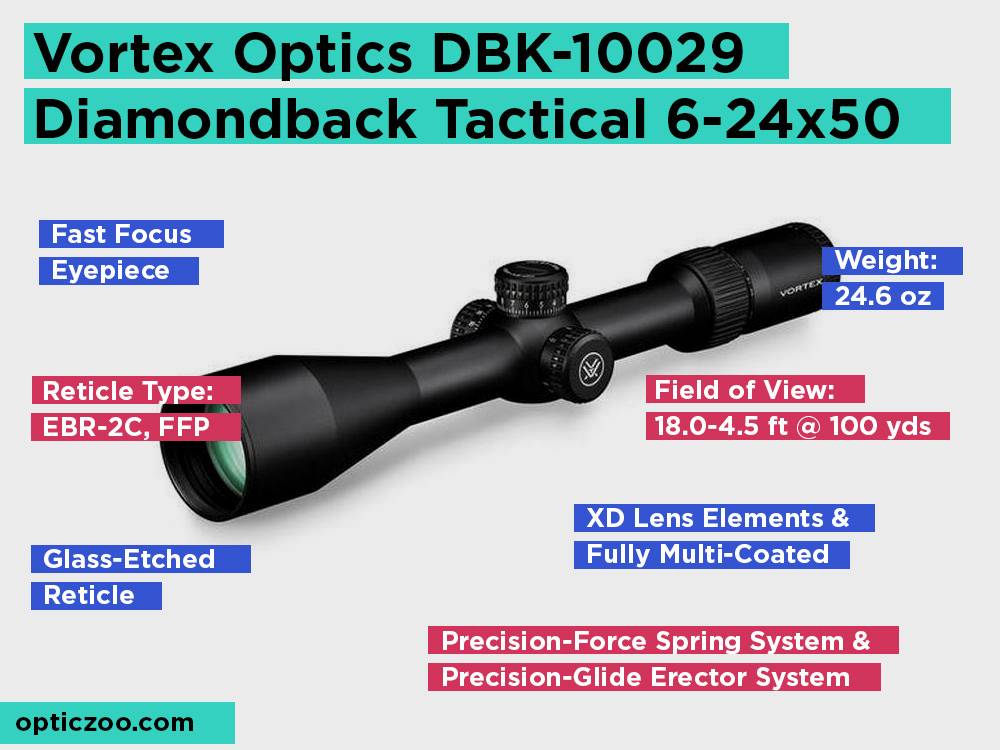
There is a side focus knob for removing parallax and there are markings on the knob for range adjustments.
[wpsm_box type=”warning” float=”none” text_align=”left”]
Some users assume that the parallax turret should have markings on them, but there are riflescopes whose parallax turrets have no markings. And such scopes are hard to use. So try to avoid buying one that doesn’t have this detail.
[/wpsm_box]
As for build, the Diamondback has a rugged construction that is water resistant. And the lenses are purged with dry nitrogen to prevent fogging or dirt sticking on them.
Main Features
- EBR-2C (MRAD) Reticle, First Focal Plane
- 30mm Diameter Maintube
- XD Lens Elements
- Fully Multi-Coated
- Glass-Etched Reticle
- Precision-Force Spring System
- Precision-Glide Erector System
- Fast Focus Eyepiece
- Long 3.9″ Eye Relief
- Magnification Rib
- Aircraft-Grade Aluminum
- Hard Anodized Finish
- Waterproof, Fogproof & Shockproof
Vortex Diamondback Tactical FFP Riflescope:
6. Leupold 175075 VX-Freedom 3-9×33 Review
The Leupold VX Freedom line has many options, but we decided to review the Leupold 175075 VX-Freedom 3-9×33 because you can use it on your rimfire rifle.
This particular scope has the standard matte black color and finish that you find with other riflescopes. The magnification on this scope ranges between 3x and 9x, which is ideal for target shooting or hunting.
Usually, high magnification creates some problems. For example, it shrinks the field of view making it hard to track moving objects.
[wpsm_box type=”warning” float=”none” text_align=”left”]
The only downside with low power is that you are not going to be able to shoot anything that is 1000 yards out or further. So this is not a scope you can use for long range targeting.
[/wpsm_box]
The windage and elevation turrets used for precision aiming turn easily. The issue we had with the adjustments is that there are no audible clicks when you adjust to a particular setting.
The parallax turret on the side of the scope for adjusting the reticle to remove parallax turns easily. And it has markings for range adjustments.
The image clarity of this scope is spectacular given that this is a budget optic. And Leupold uses ED glass and coated lenses on their optics, which is what this scope uses.
The lenses are coated to give you sharp views at any distance and the ED glass removes color fringing.
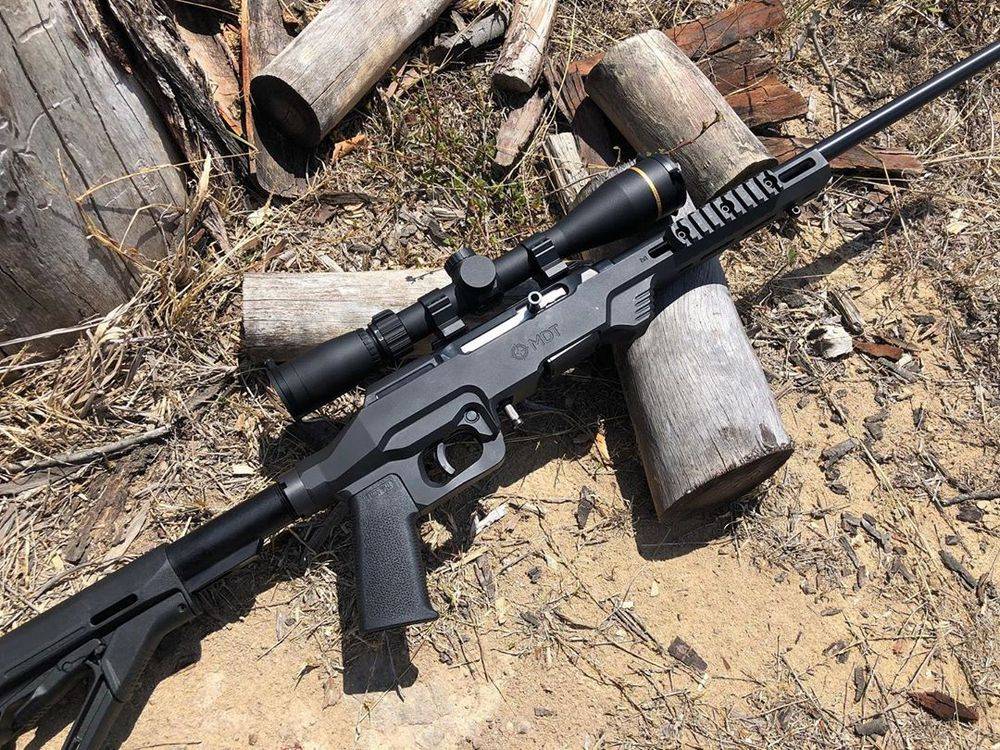
Via: @ozzie.reviews
Overall, we were impressed with what the VX Freedom offers despite it being relatively cheap.
Main Features
- Ultra-Lightweight Design
- Duplex Reticle; Rear Focal Plane (RFP)
- 3:1 Zoom Ratio
- Ultra-Lightweight 1-inch Maintube
- Twilight Light Management System
- Scratch Resistant Lenses
- 1/4 MOA Finger Click
- Easy-To-Grip Power Selector
- Made with 6061-T6 Aircraft Quality Aluminum, Matte Finish
- 100% Waterproof, Fogproof & Shockproof
7. Vortex Optics DBK-04-BDC Diamondback 4-12×40 Review
This riflescope is a second focal plane scope with a 4 to 12x magnification. The objective lens size is 40mm and therefore, the images are very sharp and clear because the lens gathers more light.
The Vortex Optics DBK-04-BDC Diamondback 4-12×40 scope has a dead-hold BDC reticle, which has hash marks on it. And you can use the manual to see what category your ammunition falls in. And the category basically gives you the ballistic where the hashes will line up.
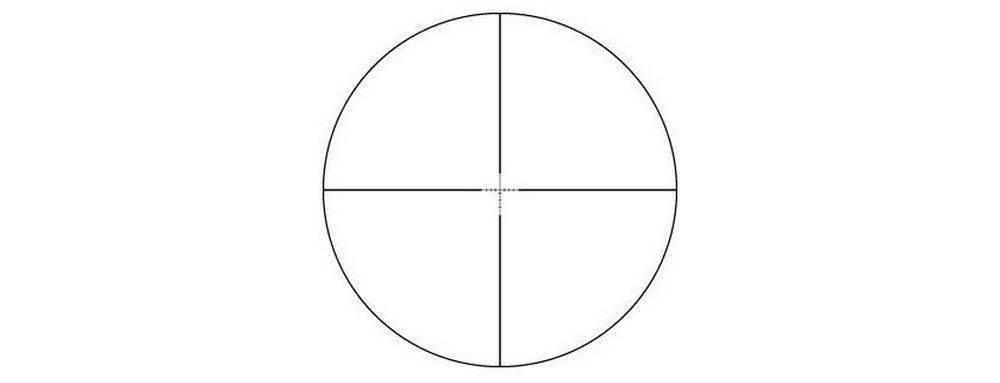
The scope comes with an adjustable eyepiece which works well. It’s smooth and it holds once you stop turning it.
[wpsm_box type=”warning” float=”none” text_align=”left”]
The windage and elevation turrets work well. They are not crisp, but this is not an expensive scope so such drawbacks are expected. Another downside is that this scope doesn’t have a parallax adjustment turret.
[/wpsm_box]
This was disappointing given that this is a Vortex and even though it’s inexpensive, this is one feature they should have added to the scope. But then again, the scope is designed for short range shooting. So it might explain why the parallax adjustment is missing.
The Diamondback 4-12x40mm has a solid build. There is nothing special about the design or color, but it is water resistant so that is a plus point.
Main Features
- Dead-Hold BDC Reticle
- Second Focal Plane
- Fully Multi-Coated
- 1″ Single-Piece Tube
- Capped Reset Turrets
- Precision-Glide Erector System
- Fast Focus Eyepiece
- Aircraft-Grade Aluminum
- Hard Anodized Finish
- Waterproof, Fogproof & Shockproof
How To Use the Vortex Dead-Hold BDC Reticle:
Buyer’s Guide
When choosing a rimfire scope, here are some factors that you need to consider.
Purpose of the Scope
A riflescope with a 3x to 9x magnification is ideal for hunting animals like deer. This is because 3x power is adequately low to hit a target that is at a close range. And with a large field of view, the 9x can help you get a closer view of a target that is yards away.
If you are aiming to buy a riflescope with higher magnification like 20x or more for deer or elk hunting, this could be a costly mistake. High magnification tends to affect the field of view in that it narrows when you increase the magnification.
As a result, it becomes hard to see your target in dim light or even keep track of it when it’s on the move.
Another issue with high magnification power cause it appears fuzzy. So if you are looking to get a riflescope for your rimfire rifle, stick with a scope that doesn’t have high magnification.
[wpsm_box type=”info” float=”none” text_align=”left”]
Always go for riflescopes with low magnification whether you are buying the scope for hunting wild game or shooting targets. Because with low power, you can shoot at long and short distances.
[/wpsm_box]
You cannot shoot at short distances with high power because the field of view is too narrow.
Magnification and Objective Lens Size
Riflescopes come with varying magnification ranges. Some have high power and some low power. High magnification, while it has its advantages, it affects the size of the field of view and the exit pupil.
It narrows the field of view making it difficult to find a target especially if the target is moving. And it reduces the size of the exit pupil reducing the brightness of the image. So in dim conditions, you’ll hardly be able to identify your target.
So for hunting big game, you are better off with a riflescope that has 4x, 6x, or 8x magnification. Some people prefer 10x or higher but another problem with high power is that you cannot see your image clearly.
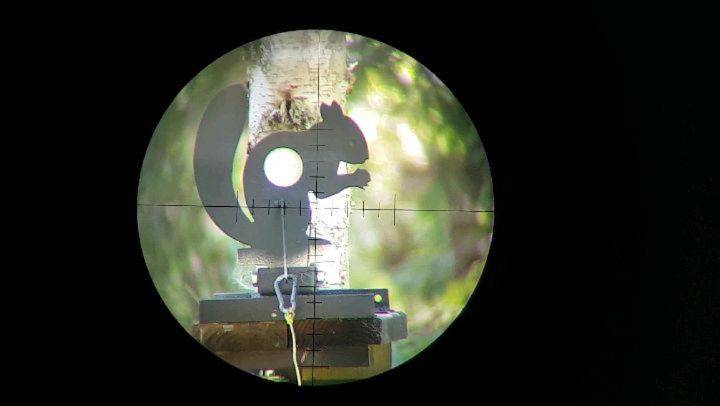
Via: @tomaz_holmstrom
This is not an issue you get with low power. But if you need to kill small animals at great distances, a 10x scope may be more ideal.
The objective lens is also a key factor when choosing a riflescope for your rimfire. Most hunters prefer a riflescope with a 40mm or 42mm objective lens because it is lightweight and easier to shoot.
Riflescopes that have objective lenses that are 50mm or more are cumbersome to carry, heavy, and hard to use because of their large size.
So when it comes to the size of the objective lens, go for 42mm or less. Anything larger may prove to be a challenge.
Lens Coatings and Glass Quality
It’s hard to find a riflescope that doesn’t use multicoated lenses or high-quality glass. Some companies have their own special coatings they use on their optics. But many use HD or ED glass, which to some users, they are one and the same.
So look for a scope that uses glass that is capable of reducing chromatic aberration and multicoated lenses for sharp views at all ranges.
[wpsm_box type=”info” float=”none” text_align=”left”]
It’s worth mentioning that optics that have multiple coatings deliver clearer views than those that only have one layer of coating or none at all.
[/wpsm_box]
You can go a step further and check to see if the lenses have water and scratch-resistant coatings as well.
Turret Adjustments
Riflescopes have a windage and elevation turrets that you can use to give you a more precise aim of your target.
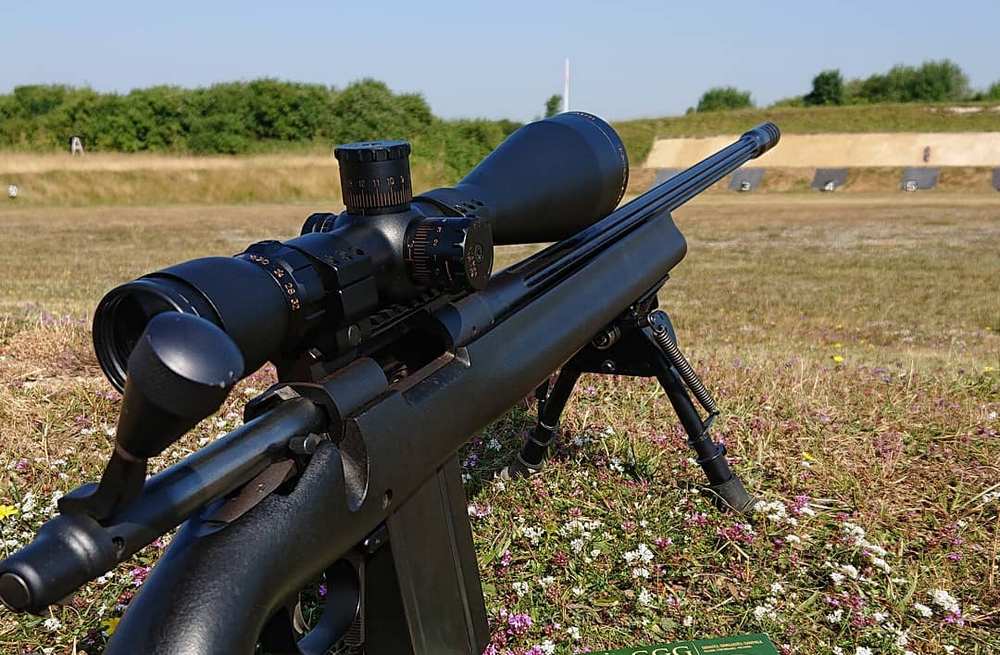
Via: @juddersg
The windage turret is used for adjusting your reticle horizontally and the elevation turret adjusts the reticle vertically. So by tweaking these turrets, you can get a clear focus on your target, whether you are uphill or downhill.
Main Tube
Most scopes have a one-inch or 30mm tube. The most expensive scopes have a three-quarter inch tube. There are very slight differences between the one inch and the 30mm tube. You can actually fit the same lens size on both.
[wpsm_box type=”info” float=”none” text_align=”left”]
But one key difference, which may be worth considering when buying as scope is that the 30mm is heavier.
[/wpsm_box]
Another point to note is that tubes with large diameters give you the advantage of adjusting the range, which is helpful for long-distance shooting. But they are heavier and more expensive.
Parallax Adjustment
Most scopes have a parallax adjustment knob, which is used to remove parallax. And parallax is when your reticle is not aligned with your target objective. When this happens, your target appears like it’s floating.
And what the parallax adjustment knob which is like a focus knob allows you to do is to remove this parallax by aligning your reticle to your target objective. And this gives you a clear view or aim of your target.
[wpsm_box type=”warning” float=”none” text_align=”left”]
Not all scopes, however, have a parallax adjustment knob. Fixed objective scopes unlike variable objectives scopes don’t have a parallax correction feature.
[/wpsm_box]
So we would recommend going for a scope that has a parallax adjustment feature even though it might be more expensive than one that doesn’t.
Eye Relief Adjustment
Eye relief is the distance between the scopes’s eyepiece and your eye. Experts recommend scopes that have an eye relief of 3 inches or more to avoid injury to your face when your rifle recoils.
This is of key importance particularly if you wear glasses. The last thing you want is glass in your eye after your glasses lenses have been shattered by the scope.
Budget
For most people, budget is usually a great consideration when choosing a riflescope. And so it should be if you are on a budget. But avoid limiting or extending your budget too much.
There are quality scopes that are relatively affordable and have all the features that the expensive ones have.
[wpsm_box type=”warning” float=”none” text_align=”left”]
But if you have never bought a riflescope before, we recommend staying away from scopes that are dirt cheap. Because usually these scopes don’t have the advantages quality scopes have.
[/wpsm_box]
Verdict
There is no secret method to finding the right riflescope for a rimfire rifle, but you do need to do your due diligence. Do some research first and find out what experts and users are saying about the scope you are looking into.
Don’t get unnerved by price tags. If you are willing to extend your budget to get a better scope then by all means do it. Expensive scopes perform relatively better than cheap ones.
So don’t waste money on a cheap only to end up buying another one due to poor performance.
